Ten Essentials for New ChristiansSample

#5: Experience God's Word
Spend quality time with God by studying what he says in his Word. The Bible is not a collection of “dead letters” but is the living message of our loving God. In return, when you read, experience, and obey the Bible, you show God you love him. Jesus made this clear when he said, “If you love me, obey my commands” (John 14:15). The apostle John, who recorded those words of Jesus, made it clear that one of those commands is to love each other:
“Love means doing what God has commanded us, and he has commanded us to love one another, just as you heard from the beginning (2 John 1:6).”
Q&A
What’s the Best Way to Read and Study the Bible?
The words study and Bible often go together, but studying should never be a substitute for reading. As you read the Bible, imagine the author is in the room with you, giving you insights and encouragement—because that is exactly what happens when you encounter God’s word! As you read, God will speak to you in the quietness of your Bible study time. The Holy Spirit will help you understand what you are reading (1 Corinthians 2:10-12).
Practical Tips for Reading and Understanding the Bible
First of all, find a Bible version that you enjoy reading. Many fine translations will make the Bible come alive for you. Our top three favorites are the New Living Translation (NLT), the New International Version (NIV), and the English Standard Version (ESV). When you find a Bible version you like, follow these five tips for getting the most out of your Bible reading:
- Read it all. Read a book of the Bible in its entirety—in one sitting, or over several days or weeks if the book is longer—so you can better grasp the author’s intent.
- Read it slowly and prayerfully. Don’t read for information but for formation.
- Read it with others. When you’re in a group, you will learn from others as they ask questions about what they have read.
- Read a study Bible or commentary. These tools will help you better understand the Bible, especially when it comes to context, genre, and historical background.
- Read it chronologically. The Bible generally follows a chronological order, and there are specialty Bibles that will help you understand the historical flow.
About this Plan

Whether you decided to follow Jesus recently or some time ago, perhaps you are asking, “What next?” This 10-day plan highlights ten clear and enriching next steps in your walk with the Lord, followed by answers to commonly asked questions. Each day focuses on God’s profound love for you, providing straightforward encouragement and direction in your journey with Jesus.
More
Related plans
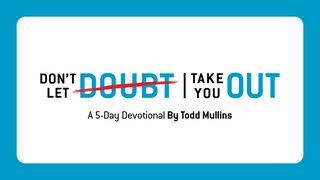
Don't Let Doubt Take You Out

Emulating Jesus in a Dark World
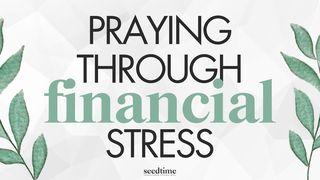
Praying Through Financial Stress

The Church - Ephesians 4
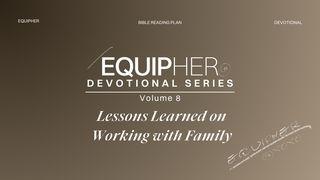
EquipHer Vol. 8: "Lessons Learned on Working With Family"

Journey With Jesus 365
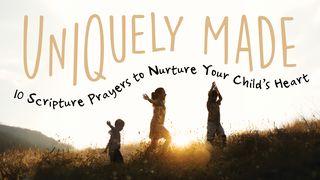
Uniquely Made: 10 Scripture Prayers to Nurture Your Child’s Heart
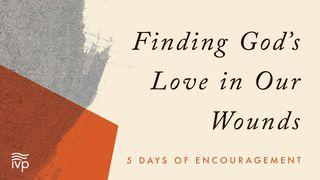
Finding God’s Love in Our Wounds

There Is No Law Against These Things
